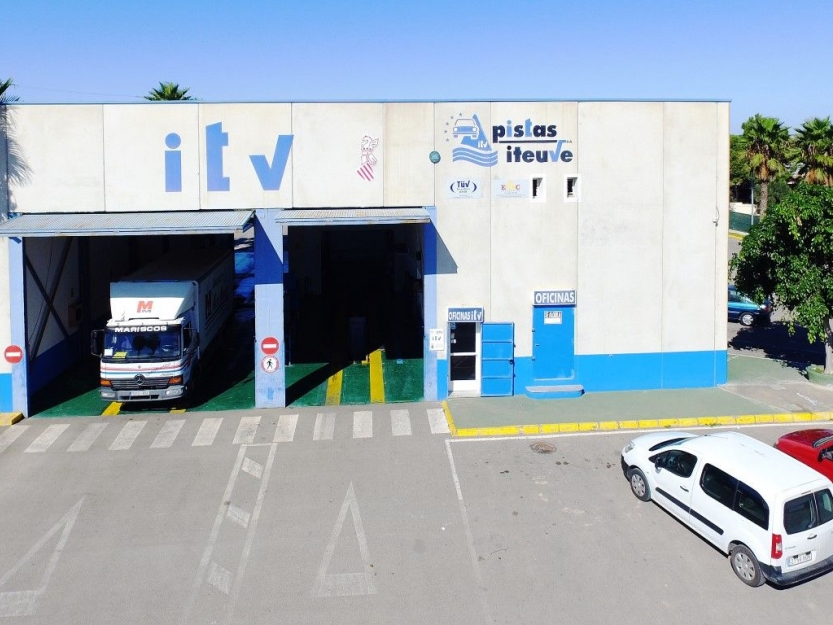No less than 133 deaths and 12,100 injuries in traffic accidents are avoided each year thanks to the Technical Inspection of Vehicles (ITV) in a total of 17,700 accidents that did not occur, according to a study by the Carlos III University of Madrid. This analysis also attributes a saving of 329 million euro to society.
But not everything is good news, since we must include the so-called “silent victims” that is, those due to air pollution that have been estimated at 406 more, in addition to another 485 million saved. With all this, the figures amount to 539 total deaths avoided and cost containment that rises to 814 million euro in total per year.
These figures are going to serve as the basis for the first awareness campaign that the ITVs are going to carry out. Its intention is clear, to stop being perceived as a formality and to become one as an act of responsibility towards oneself and towards the rest of society. That is to say, “vaccinate ourselves” according to Guillermo Magaz, general director of AECA-ITV, who categorically affirms that “it is a fact that ITV saves lives” and for this reason this campaign aims to “generate impact, knowledge of the social function of our work, inform about the benefits that we bring to all drivers and move those who pass the inspection to do so, motivated by the importance of it”.
Magaz also affirms that the fact that the technical inspection allows to control the emissions of polluting gases from the vehicles so that they comply with the maximum levels allowed by current regulations and pollution is reduced.
The association, which brings together more than 400 inspection stations, is going to carry out this campaign at a national level before Easter, with the slogan “If it doesn’t pass, pass it on”. It will last about six weeks and is aimed at citizens because “although there are factors that generate accidents such as the state of the road and the behaviour of the driver, the state of the vehicles is another one of them. And in it, technical inspections play a key role, since a vehicle that circulates on the roads without complying with the minimum safety standards poses a risk to all road users”, according to Alejandro Pastor, president of AECA-ITV.
According to AECA-ITV in 2020 and compared to data from 2019, vehicles over ten years old involved in road accidents with fatalities and without the past ITV grew by 88% in passenger cars, 109% in light industrial vehicles of up to 3,500 kilos and up to 176% more in industrials of more than that tonnage.
That is why Magaz sees it as “an act of individual care and for other people, just as we have done with vaccines in the pandemic, for example”, although it does not leave aside the “necessary control of emissions” as well as the forecast that, for example, insurance companies hide behind this fault so as not to cover the economic consequences of these possible accidents.
Both executives are aware that “we have one of the oldest fleets in Europe and with bleak prospects in the short term” and therefore point out that with it we not only protect ourselves, but also protect those who accompany us in the car and those who cross our path. According to Magaz and Pastor “there are things that can be passed over, but the ITV is not one of them and that is what has been tried to reflect in this initiative.”





